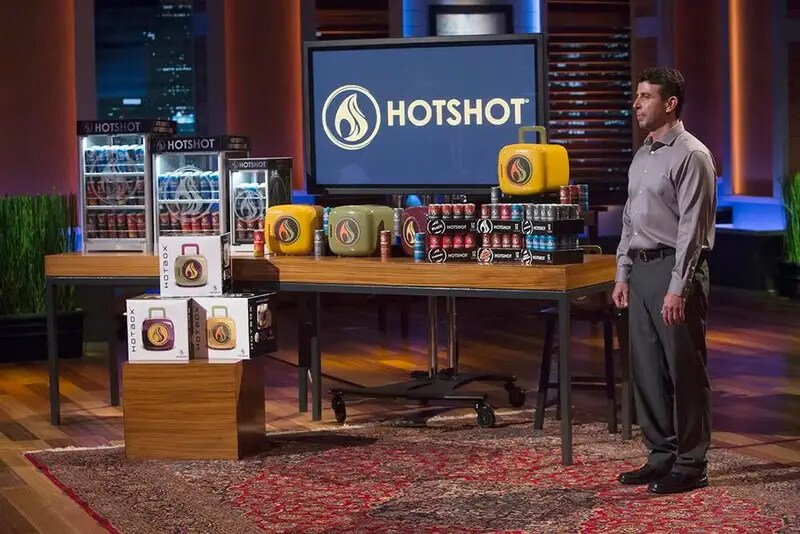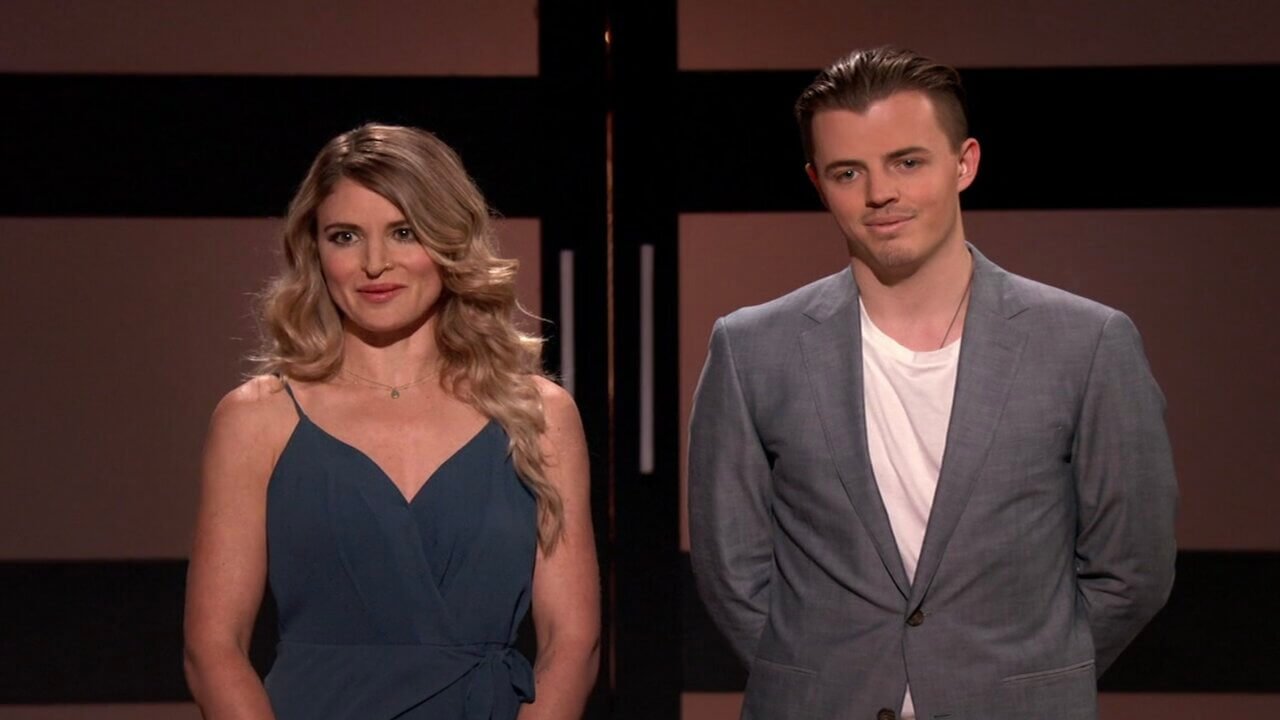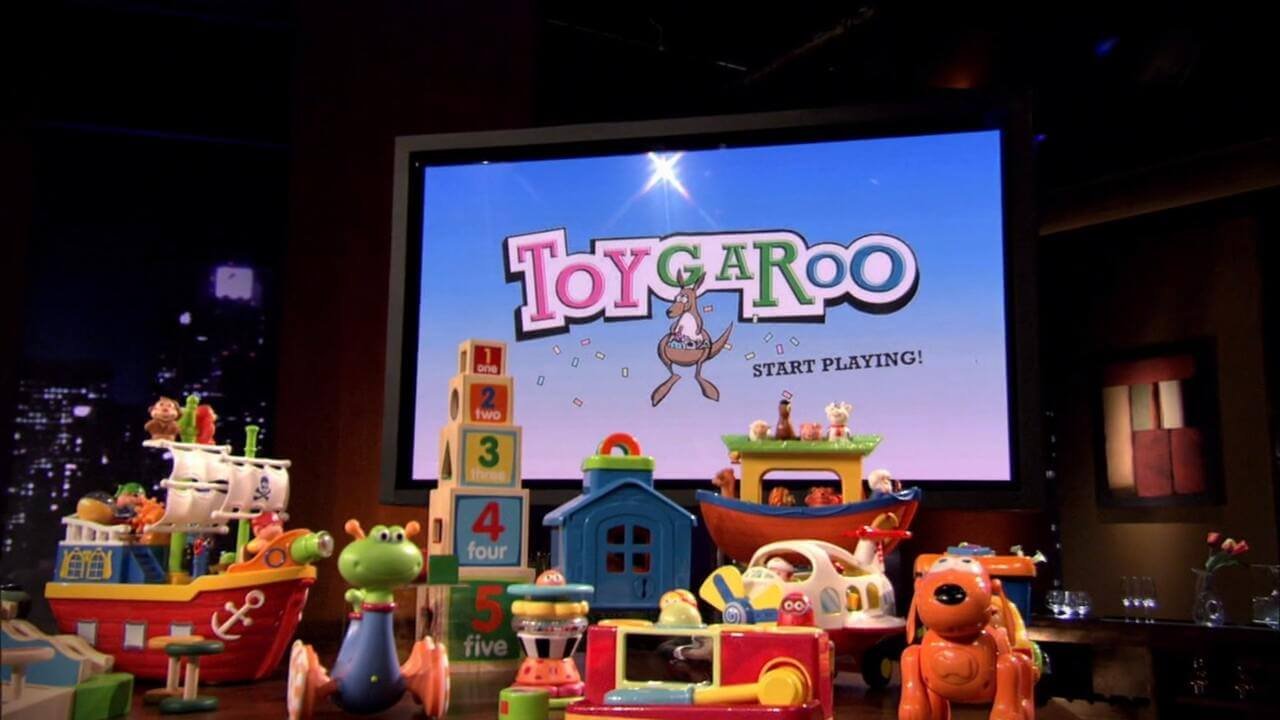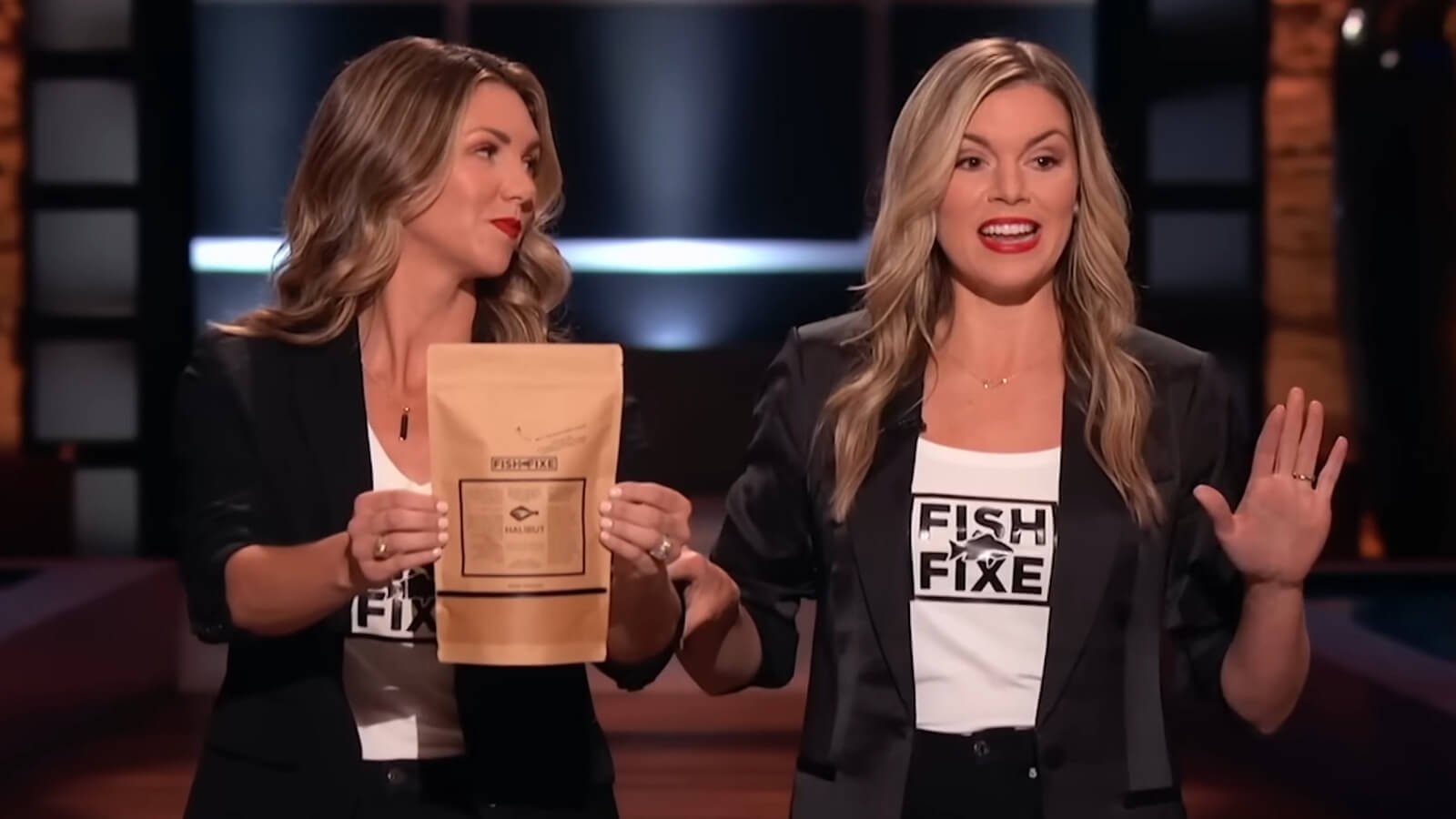Let’s blast through the illusion: Shark Tank doesn’t make overnight millionaires. Sometimes, you walk in with a killer product, a huge dream—and zero traction. That’s exactly where Danny Grossfeld stood in Season 7 with HotShot Coffee.
HotShot promised something the American market hadn’t really seen: hot coffee in a shelf-stable can, always ready-to-drink from a special warming box. No espresso machine, no drive-thru lines, just instant, always-hot coffee. The creator? Danny Grossfeld from Bayside, NY. The problem? He was betting big that the U.S. wanted to drink coffee the way Japan does—hot and fast, straight from a can.
Six years of R&D. Two million dollars sunk in. But at the time he stepped onto that Shark Tank stage? Not a single can sold. Now, that’s a risky play.
Contents
ToggleOrigin of the Idea: Coffee Inspiration from Japan
So why did Grossfeld, an American entrepreneur, fixate on hot canned coffee? Simple: he saw Japan’s obsession first-hand. Japanese vending machines crank out billions of dollars in hot canned coffee, making it as normal as grabbing a Coke at a ballgame.
Grossfeld thought, Why not here? He figured U.S. coffee drinkers craved convenience as much as anyone else. The big assumption? That the culture shift would bridge smoothly. It didn’t. Turns out, America’s old-school coffee loyalty is tough to break. We love our barista banter, fresh brews, and our Starbucks runs. Inspiration is gold, but, as any seasoned hustler knows, it doesn’t pay the bills or move cans.

Breaking Down the Shark Tank Numbers
Let’s talk turkey. Grossfeld came in hot, asking for $300,000 in exchange for 10% equity—pinning HotShot’s value at a cool $3 million. That’s bold for a pre-revenue business. Sure, he had invested $2 million of his own (and others’) cash into R&D and production, but all Sharks smelled the same thing: risk.
No sales after six years is rough. Even if you have flashy prototypes, all the promise in the world can’t mask zero market proof. The only whispers of hope came from possible interest in movie theaters—exactly the kind of almost there story Sharks have heard a thousand times.
The hard fact? Grossfeld was selling potential, not profit—and that rarely flies in front of seasoned investors.
Net Worth: Reality Check
Let’s call it straight. HotShot’s $3 million valuation on Shark Tank came straight from wishful thinking, not cold, hard numbers. On paper, $2 million already sunk in and a unique product should mean something. In reality, it means a founder who bet big and wanted someone else to help him cover the gamble.
Post-Tank, there’s nothing publicly suggesting HotShot ever generated the kind of sales Grossfeld hoped for. Financial filings and market data? No blockbuster moves, no lasting major retail breakthroughs. If you go by what’s listed on SharkWorth (a site that tracks the real lifespans and valuations of Shark Tank companies), HotShot’s value never got close to that $3 million mark.
Net worth here isn’t about what a founder dreams. It’s what someone else will pay—and no one, not even the Sharks, put real money down.
Sharks’ Feedback and Responses
This is where it got brutal. Kevin O’Leary, never one to sugarcoat, compared Grossfeld’s journey to the myth of Sisyphus. The subtext: You’re pushing a rock uphill and getting nowhere. His advice? If it’s not making money after three years, stop.
Robert Herjavec saw the classic American problem: loyalty to coffee shops and the big barista brands. He passed, quick and clean. Chris Sacca had a competing coffee company. He was out for obvious reasons.
Mark Cuban? He wouldn’t invest, but tossed Grossfeld a bone—he’d place HotShot in Landmark Theatres, which he owns. That’s the kind of soft yes that feels helpful but isn’t a check.
Lori Greiner was straight-up: she told Grossfeld to cut his losses and move on. The consensus? Americans like their coffee fresh, not canned, and if you’re first to the market but can’t sell, something fundamental is off.
Did HotShot Land a Deal?
Let’s keep it simple: No deal. None of the Sharks invested in HotShot Coffee.
Grossfeld left the Tank empty-handed. But here’s where it matters—walking out of the Tank with no deal isn’t the end. Sometimes it lights a fire, sometimes it signals the beginning of a pivot.
HotShot didn’t see a miracle turnaround post-episode, but the pitch did wake up some attention in niche spots—movie theaters, especially. Though, again, interest is not the same as sales.

What Happened After Shark Tank?
Shark Tank bump? Sure, it exists for products that catch fire. For HotShot, the post-episode flurry was more of a slow simmer.
Movie theaters expressed interest, according to Grossfeld. There were a few PR headlines, and the as seen on Shark Tank clout. But big grocery chains, convenience stores, and U.S. coffee drinkers didn’t rush to make HotShot a household name.
Grossfeld pushed on with niche plays—targeting venues where a warming box makes sense. But when the biggest challenge is convincing the average American to try canned hot coffee, those moves only go so far.
The company is still around in small ways, but never hit mass-market escape velocity.
Where Is HotShot Coffee Now?
Here’s where we do what SharkWorth does best—check the scoreboard, not just the press releases.
Right now, HotShot isn’t stocked in big chains. You aren’t seeing lines at gas stations for a HotShot vending machine. The product pops up occasionally at select venues—maybe a theater, maybe an event—but it never became a U.S. staple.
The website is up, but product availability is limited. You won’t find headlines about million-dollar deals or Amazon best-seller badges. The vision never translated to real market ownership.
Danny Grossfeld is still pushing, still hustling, but if you’re hoping for a Scrub Daddy moment or a Bombas-style takeoff, this story isn’t delivering it.
Final Take: Lessons for Every Hustler
Here’s the hard truth—ideas are not enough. Culture is a wall you can’t bulldoze with money and vision alone. HotShot had hustle. Grossfeld grinded for six years and spent real cash.
But I’ve seen so many founders overplay potential. No one cares about what could be—they care about what’s selling now.
The lesson? Solve a problem people know they have. And never mistake because it works in Japan for it’ll work in America. Too many entrepreneurs let passion override proof. You need fans, not just focus groups. Grossfeld’s journey is a masterclass in betting big, learning hard, and sometimes losing.
Walking out with no deal hurts. But walking out believing the right pivot is still out there? That’s the hustle. If you’re going to swing, swing for sales—not stories. Always.
Check SharkWorth to see how post-Tank life really shakes out for these companies—and remember, sometimes the best hustle is knowing when to cut losses and move your grind to the next big thing.
FAQs
1. Is HotShot still in business?
HotShot exists, but in a limited way. No mass-market presence, but some niche venues and theater sales attempts.
2. Did HotShot ever make big retail deals after Shark Tank?
No. No news of major retail wins. Hype faded without grocery stores or convenience chains buying in.
3. How much money has HotShot made since Shark Tank?
No public reports of significant sales. No Shark, no breakthrough, no boom in revenue.
4. Why did the Sharks reject the HotShot pitch?
Zero sales after six years sunk it. Market fit, culture, and cost all got heavy criticism.
5. What was HotShot’s valuation on Shark Tank?
Grossfeld put it at $3 million—purely on hopes and past spending, not on proven demand.
6. Can I buy HotShot cans or warming boxes anywhere now?
Check their website, but don’t expect wide distribution or easy access in stores.
7. Has Danny Grossfeld launched other businesses since HotShot?
No public info on new ventures from Grossfeld—his energy has stayed with HotShot.
8. What are the main reasons for HotShot’s struggles in the U.S. market?
Old-school coffee habits, lack of distribution, and resistance to canned hot coffee all played a part.
Want to see who actually cashes in after Shark Tank? SharkWorth tells all. Don’t fall for the pitch—watch who really collects. That’s how you build, learn, and win.










